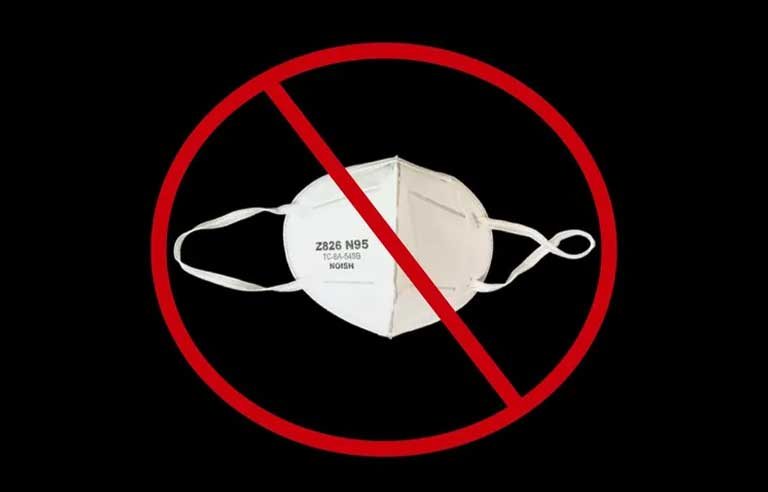Contest aimed at weeding out counterfeit N95s has a winner

Washington — The developer of an N95 respirator validation phone app and website is the winner of NIOSH’s Counterfeit N95 Challenge.
The goal of the contest – a collaboration between the NASA Tournament Lab, HeroX and NIOSH – is to encourage the development of innovative approaches that can help reduce the number of counterfeit N95 respirators in the marketplace and improve end-user confidence in the products.
The top honor – a $35,000 prize pool for Phase 2 of the challenge – was awarded to Essayon Engineering for its N95 Filtering Facepiece Respirator Validation app and website. The winning solution “demonstrated how a validation database with a private label lookup function and one-way communication with NIOSH’s Certified Equipment List could improve confidence that respirators are authentic,” a NIOSH press release states.
The app includes a prototype “visual” validation tool that displays pictures from manufacturers’ websites and compares them against the respirator users are assessing.
Three entries earned honorable-mention recognition:
- Digital Title by Team Digital Title. This solution is a decentralized, distributed title-recording system that demonstrates respirator proof of ownership to end users.
- Verisku by Leigh Brand’s Team. Through intelligent event monitoring, this cloud-based platform initiates media outreach to communities affected by a respiratory health threat to provide information on how to authenticate NIOSH-approved respirators.
- Ethos-Authentication Standards for NIOSH Registry by Team Aegle-Provenio. The registry allows manufacturers to upload and share provenance data across the supply chain to ensure a respirator’s compliance and authenticity.
Although these honorees don’t receive a monetary prize, they’re invited to upcoming NIOSH partner activities to promote and share their solutions.
“The innovative solutions developed through this challenge could improve everyone’s ability to spot fake respirators and avoid them,” Maryann D’Alessandro, director of NIOSH’s National Personal Protective Technology Laboratory, said in the release. “Each of these solutions could potentially help vendors or users become better informed and confident that the respirator they purchase will provide the protection needed to keep the wearer safe and healthy.”
Post a comment to this article
Safety+Health welcomes comments that promote respectful dialogue. Please stay on topic. Comments that contain personal attacks, profanity or abusive language – or those aggressively promoting products or services – will be removed. We reserve the right to determine which comments violate our comment policy. (Anonymous comments are welcome; merely skip the “name” field in the comment box. An email address is required but will not be included with your comment.)

